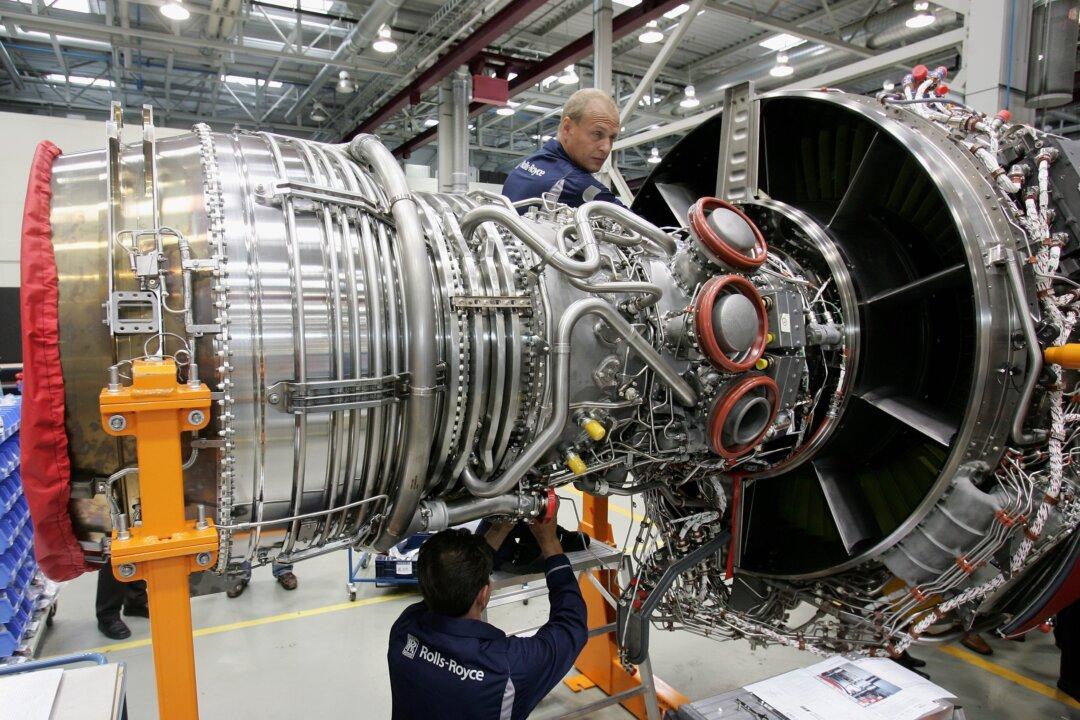Several major U.S. airlines have discovered that some of their aircraft’s engines were equipped with unapproved parts, which has resulted in a lawsuit against the parts supplier.
The parts, allegedly supplied by London-based AOG Technics, have been found in a small number of jet engines on U.S. aircraft belonging to United Airlines, American Airlines, Delta Airlines, Southwest Airlines, as well as some European carriers. AOG Technics is a company that acquires engine parts and sells them to maintenance and repair organizations.





